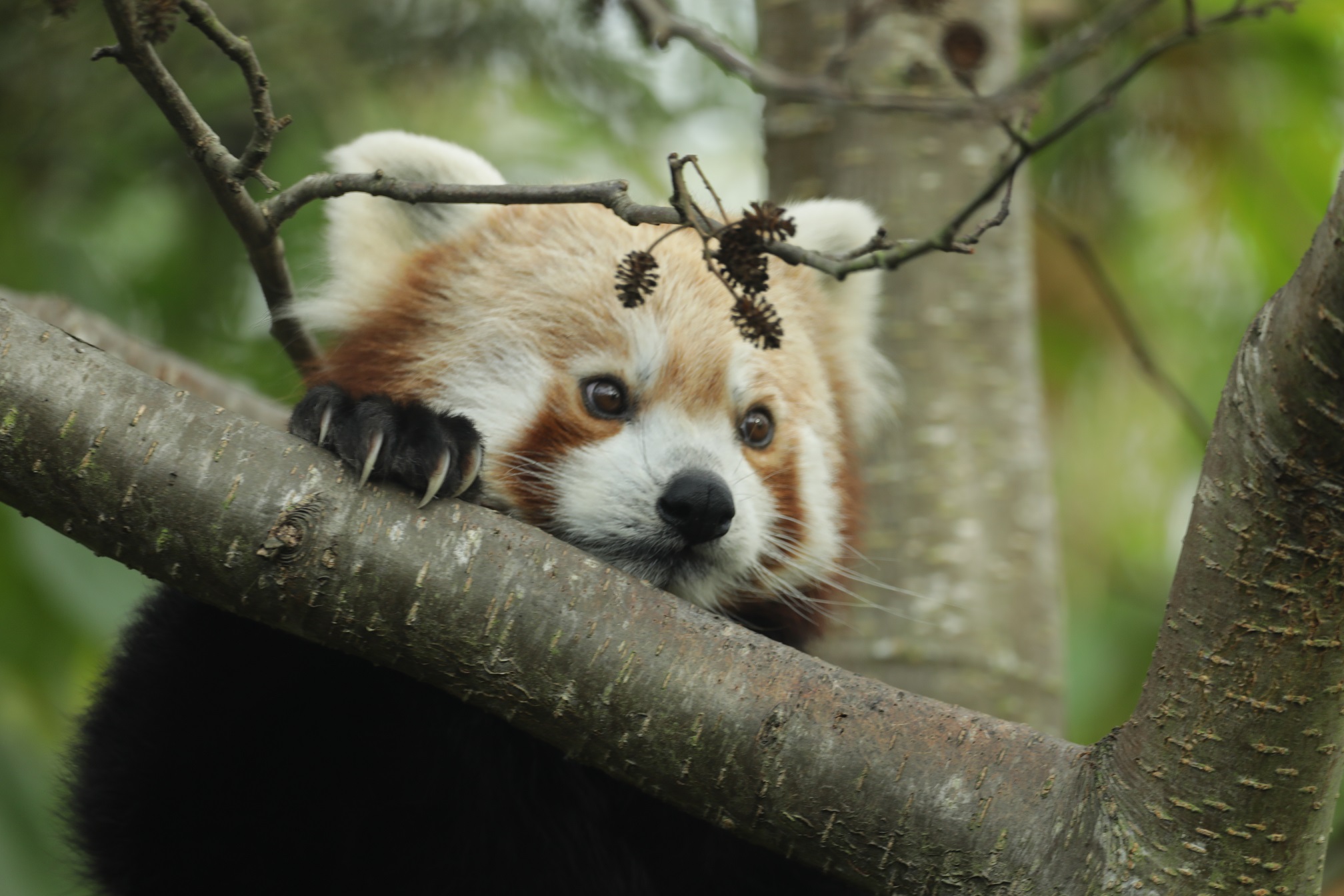Asian elephant

It can be really challenging to monitor populations of elusive forest dwelling species, especially when population sizes are small because the species is under threat. Researchers can spend their careers working on Asian Elephants (Elephas maximus), only encountering them rarely, perhaps seeing them on camera traps or hearing them crashing through the under growth of their tropical forest environment.
Fortunately, genetic analysis using samples collected from elephant’s dung can help to estimate the number of animals living in a forest, to keep track of populations over time, determine the sex and family relatedness of animals, and to understand how connected populations are.
There are currently estimated to be just 400 to 600 wild Asian Elephants in Cambodia. The species is classed as Endangered at a global level because it is threatened by both habitat loss and the illegal trade in ivory.
The RZSS WildGenes lab is working with the Royal University of Phnom Penh’s Conservation Genetics laboratory alongside other partners in Cambodia to use genetic analysis to monitor wild elephant populations so they can be best protected and to combat the illegal trade in ivory.
Our Partners and Funders
Project type

Conservation genetics
The team
Ways you can help

Become a Conservation Champion
Conservation Champions are helping to save 50 of the world's most endangered species from extinction. Give from £1 a week to £1 a day and join a growing group of caring people like you, committed to saving animals in danger.

Connect your business to nature
You can get involved in our work via corporate partnerships, corporate sponsorships, exclusive volunteering opportunities, in-kind gifts and much more. Being a corporate partner is a unique path to meeting your business and corporate social responsibility needs.

Join RZSS as a member
RZSS membership provides much more than just free entry to Edinburgh Zoo and Highland Wildlife Park. Your membership helps support our charity's conservation work around the world.











![Northern rockhopper penguin looking directly at camera [eye-contact] IMAGE: Sian Addison 2018](https://images.rzss.org.uk/media/Edinburgh_Zoo/EZ_animals/Northern_rockhopper_penguin/northern rockhopper (3).jpg)

